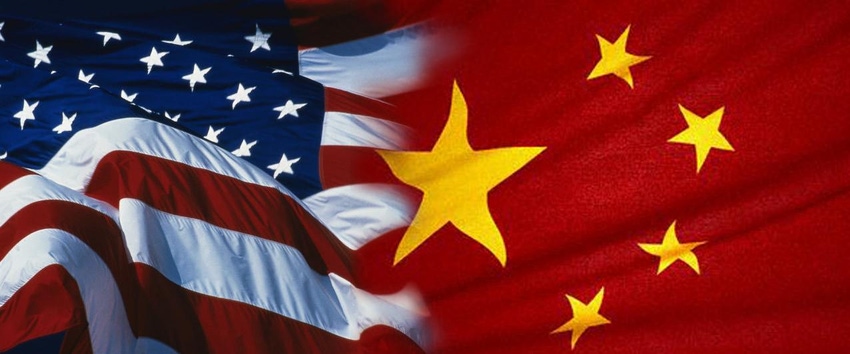
by Jenny Leonard
U.S. and Chinese negotiators are working on multiple memorandums of understanding that would form the basis of a final trade deal, according to a person briefed on the talks.
The MoUs would cover areas including agriculture, non-tariff barriers, services, technology transfer and intellectual property, said the person, who asked not to be identified because the discussions are private. The enforcement mechanism remains unclear, but would likely be a threat that tariffs would be reimposed if conditions aren’t met, the person said.
No breakthrough is expected during this week’s talks in Washington on major structural issues, the person said, but there is an effort underway to potentially extend a March 1 deadline for U.S. tariffs to rise on Chinese goods. Liu He, China’s chief negotiator, is expected to meet with U.S. President Donald Trump on Friday, according to a separate person familiar with the situation.
The U.S. is also asking China to keep the value of the yuan stable to neutralize any effort by Beijing to devalue its currency to counter U.S. tariffs, according to other people familiar with the ongoing talks. The Chinese government spokesman said on Wednesday that the nation wouldn’t use the yuan as a tool to deal with trade dispute.
Gao Feng, spokesman for China’s Ministry of Commerce, said at a briefing Thursday that he had no details regarding any MoU being discussed with the U.S. He also said that he couldn’t offer any information on the results of the trade talks until the current round ends.
A spokesman for the U.S. Trade Representative didn’t immediately respond to a request for comment. Reuters earlier reported that U.S. and Chinese officials were discussing language on six memorandums of understanding that would resolve the trade war’s most contentious issues.
The Issues
While President Trump has been most vocal on bilateral trade deficit with China, the U.S. has numerous issues with China’s economic and trade policies, and the administration is pushing for what it terms ‘fair and reciprocal’ trade.
In response, China has repeatedly offered to increase purchases of agricultural and energy products to shrink the deficit. Since the tariff truce agreed in December it has resumed imports of some farm products and a deal may see a substantial increase in that trade.
The question of technology transfers and protection for U.S. intellectual property has been one of the most contentious in the dispute, with the U.S. accusing China of stealing the results of U.S. research and development to get advance its own development, and also of forcing U.S. firms to give their technology to Chinese companies to gain access to China’s market.
Hacking Allegations
China denies the theft and cyber-hacking allegations, and while it claims that it has never forced companies to provide technology for access, it has started debating a law to make that practice illegal.
The inability of U.S. services companies to get access to China is also another bone of contention. While China is relaxing the rules on foreign banks and insurance companies owning majority shares in their Chinese operations, companies like Visa and Mastercard are still shut out of the market.
The subsidies and targeted industrial policy grouped under the "Made in China 2025" name are seen as non-tariff barriers for U.S. companies. In addition, while the government promised to treat foreign, private Chinese companies or state-owned enterprises equally for regulatory purposes late last year, there are still areas of the economy that are off-limits to foreign investment.
--With assistance from James Mayger, Jeffrey Black and Miao Han.
To contact the reporter on this story: Jenny Leonard in Washington at [email protected]
To contact the editors responsible for this story: Daniel Ten Kate at [email protected] Sharon Chen
© 2019 Bloomberg L.P
About the Author(s)
You May Also Like




